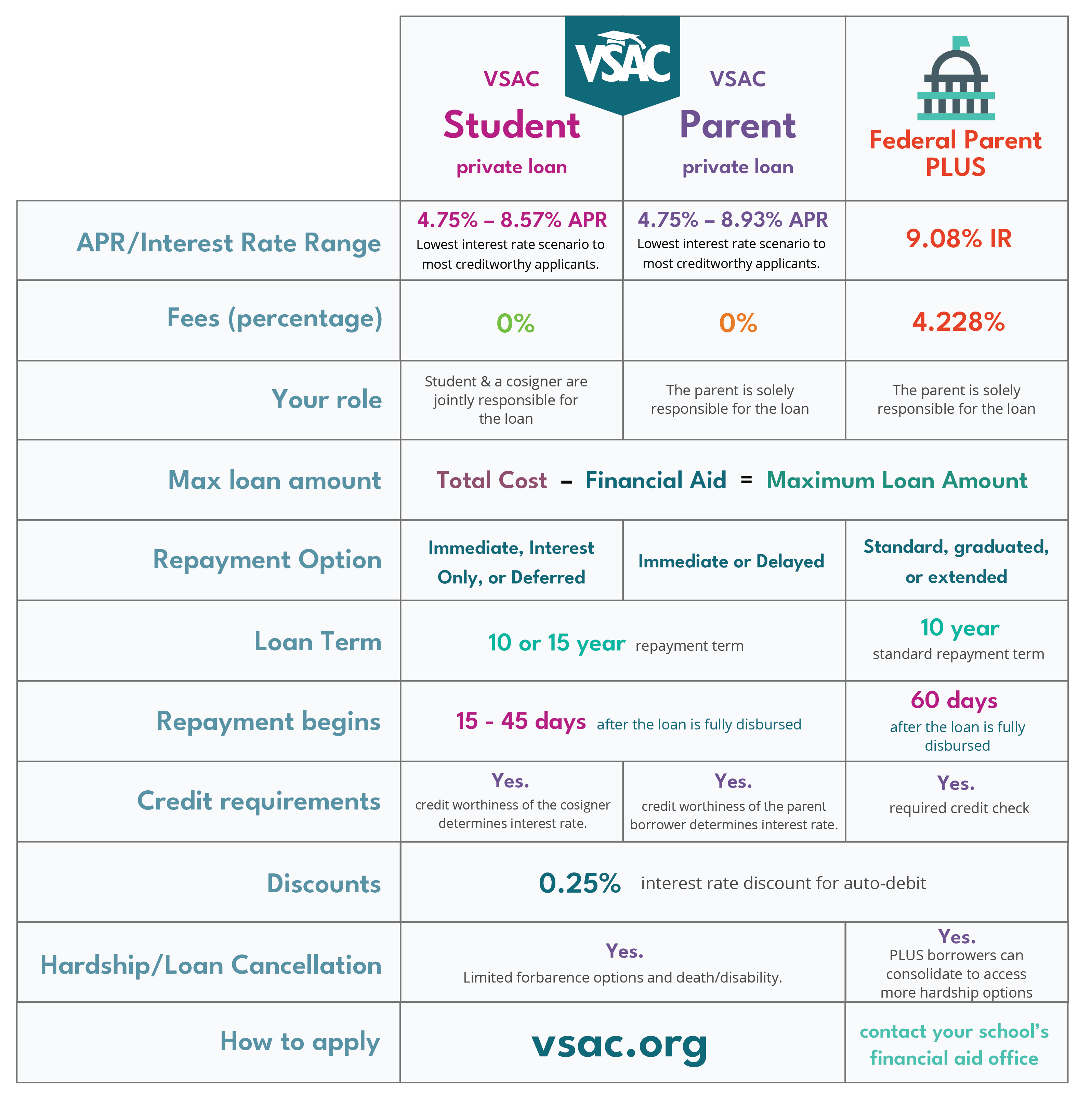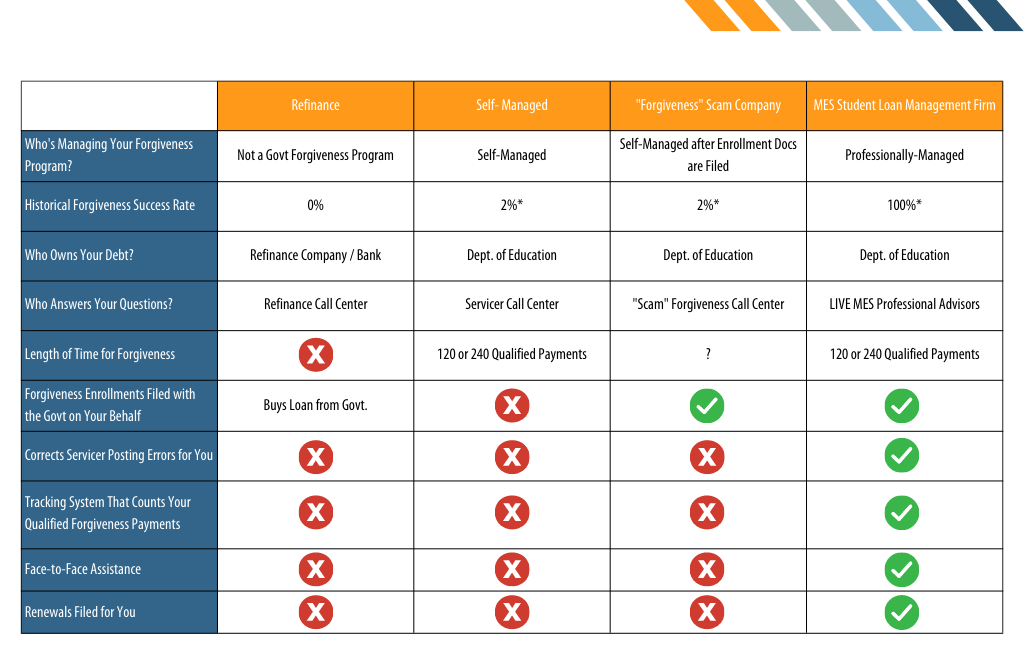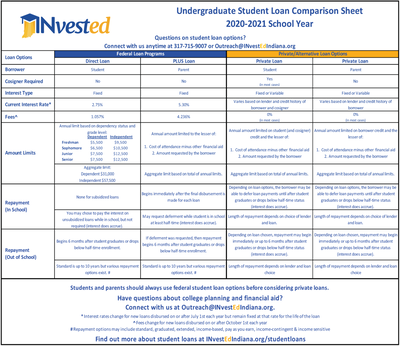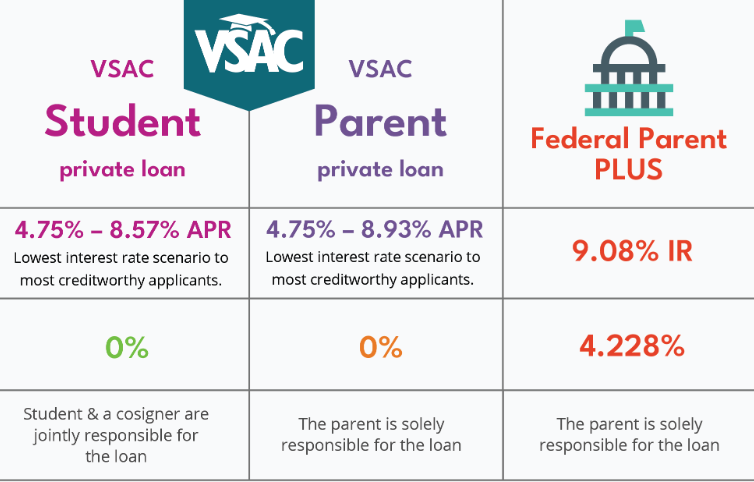Choosing the right student loan provider is crucial for financing your education. With so many options available, it’s important to compare university loan providers for best rates to ensure you get the most favorable terms and the lowest interest rates. The right loan can make a significant difference in the total cost of your education and in how easily you can manage your repayments after graduation.
In this article, we’ll compare top loan providers, explore their interest rates, repayment options, and unique features, and help you make an informed decision that best suits your needs.

Top Lenders with Lowest Fixed APR
When considering student loans, the fixed APR is one of the most important factors to examine. A low APR means that the overall cost of borrowing is lower, which translates to paying less in interest over time. Let’s take a closer look at some of the top university loan providers and their fixed APR ranges.
1. Abe
- APR Range: 3.45% to 15.00%
- Abe is known for its competitive interest rates, starting as low as 3.45% for students with excellent credit. The rate can rise depending on your credit history and the amount you borrow, but it still offers some of the most attractive rates in the market.
2. College Ave
- APR Range: 3.47% to 17.99%
- College Ave offers flexible repayment options and has a quick application process with instant credit decision capabilities. They also provide a 0.25% interest rate discount for borrowers who use autopay, making it even more affordable. Additionally, College Ave loans can cover up to 100% of your cost of attendance, which is a great advantage for those attending expensive schools.
3. Earnest
- APR Range: 3.47% to 16.49%
- Earnest stands out with its no fees policy, meaning there are no charges for origination, disbursement, prepayment, or even late payments. They also offer a 9-month grace period after graduation, giving you extra time before your first payment is due. This is especially helpful for students who need a little extra breathing room after finishing their studies.
4. Sallie Mae
- APR Range: 3.49% to 15.49%
- Sallie Mae is one of the most well-known lenders in the student loan industry, and it offers competitive rates. They provide no origination or prepayment fees and multi-year approval options, which can be especially useful if you’re taking out loans for multiple years of study. As a bonus, Sallie Mae gives borrowers access to a Chegg study service for four months.

5. SoFi
- APR Range: 3.54% to 15.99%
- SoFi offers competitive interest rates and no fees for application, origination, late payments, or insufficient funds. They also offer a 0.25% rate discount for borrowers using autopay. Additionally, SoFi provides a $250 cash bonus for students with a GPA of 3.0 or higher, which can be a nice incentive.
Key Features of Top Lenders
Interest rates are certainly a key factor, but loan features are just as important when comparing student loan providers. Here’s a breakdown of the features offered by the top lenders:
College Ave Features
- Flexible Repayment Options: College Ave offers a variety of repayment terms, allowing you to choose the one that best suits your financial situation. This flexibility can be helpful if your income fluctuates after graduation.
- Quick Application Process: Their streamlined application process allows you to receive an instant credit decision.
- Autopay Discount: College Ave offers a 0.25% rate discount if you enroll in autopay, which can save you money on interest over the life of your loan.
- Coverage for Up to 100% of Attendance Cost: College Ave loans can cover the full cost of your education, including tuition, fees, and living expenses.
Sallie Mae Features
- No Origination or Prepayment Fees: Unlike many lenders, Sallie Mae charges no origination or prepayment fees, making it easier for you to repay your loan without penalty.
- Competitive Rates: Sallie Mae offers competitive rates and multi-year approval options, so you don’t have to reapply for loans each year.
- Study Resources: For added value, Sallie Mae offers free access to Chegg study services for four months, which can help you with your coursework and reduce study-related stress.
Earnest Features
- No Fees: Earnest stands out by charging no fees for origination, prepayment, or late payments, which means you won’t incur extra charges throughout the life of the loan.
- 9-Month Grace Period: After graduation, you get a 9-month grace period before your payments start, allowing you to ease into repayment.
- One Payment Skip per Year: With Earnest, you have the option to skip one payment per year, which can provide flexibility in case you face financial challenges.
SoFi Features
- No Fees: SoFi charges no fees for applications, origination, late payments, or insufficient funds. This means fewer surprises and fewer costs while managing your loan.
- Autopay Discount: If you set up autopay, you can get a 0.25% discount on your interest rate, helping to lower the overall cost of your loan.
- Cash Bonus for High GPA: SoFi rewards students with a $250 cash bonus if they maintain a GPA of 3.0 or higher during their studies.

Additional Considerations
When you’re comparing university loan providers, there are other important factors to keep in mind:
Cosigner Options
Most lenders accept cosigners, which can be beneficial for students with limited credit history or lower credit scores. Having a cosigner with strong credit can increase your chances of approval and might even help you secure a lower interest rate.
Repayment Terms
Repayment terms generally range from 5 to 15 years, depending on the lender. Shorter repayment terms mean higher monthly payments but lower overall interest, while longer terms can help reduce monthly payments but may result in paying more interest over time.
Minimum Credit Scores
Lenders generally require a minimum credit score for approval, usually ranging from 600 to 680. While a higher credit score can help you secure better rates, it’s often possible to qualify with a cosigner if your credit score isn’t ideal.
Loan Amounts
Loan amounts typically start as low as $1,000, with maximum loan amounts often covering the full cost of attendance, including tuition, fees, and living expenses. Make sure to consider how much you need to borrow for your specific situation.
Conclusion
When comparing university loan providers for best rates, it’s essential to take a comprehensive approach. Look at fixed APR rates, loan features, repayment options, and borrower benefits to find the loan that best suits your needs. While interest rates are important, the overall flexibility of the loan and additional features like cosigner options, study resources, and repayment terms can make a big difference in the long run.
Remember, your loan is a long-term commitment, so be sure to choose a provider that offers competitive rates and terms, as well as the flexibility you need to manage your finances after graduation.
For more detailed information on student loan options and guidance on managing them, visit Federal Student Aid.

